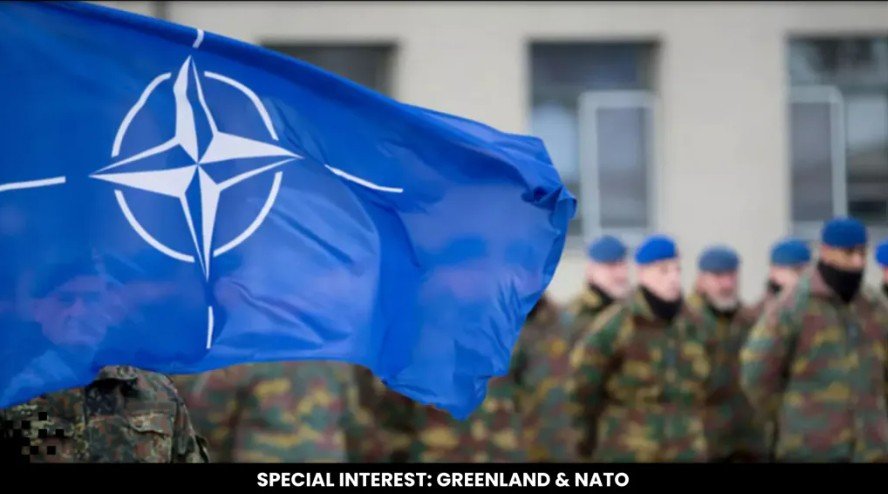On July 23, 2025, President Donald J. Trump announced three major trade deals with Japan, Indonesia, and the Philippines, hailed as a historic achievement for American economic prosperity. These agreements aim to open foreign markets to U.S. goods, boost job creation, and secure massive investments, with claims of generating trillions in economic benefits for Americans. The deals reflect Trump’s aggressive trade strategy, leveraging tariffs to negotiate favorable terms that prioritize American workers and industries.
Historic Trade Triumph
The Japan deal, valued at $550 billion, includes a 15% reciprocal tariff and opens Japanese markets to American cars, rice, and other agricultural products, with 90% of profits directed to the U.S. Indonesia’s agreement involves $15 billion in U.S. energy purchases, $4.5 billion in agricultural goods, and 50 Boeing jets, granting American producers full access to a market of over 280 million people. The Philippines deal also secures a 19% tariff rate, enhancing U.S. export opportunities in various sectors.
Looking to Grow Your Business?
I’m looking for 2 businesses doing under $3M in annual revenue who are ready to scale their brand, automate their marketing and boost conversions.
If you’re ready to grow,
Economic Impact
These agreements are designed to boost American manufacturing and agriculture by reducing trade barriers and encouraging foreign investment in U.S. industries. The White House claims the deals will create hundreds of thousands of jobs, particularly in automotive, aerospace, and farming sectors. By prioritizing American economic interests, Trump’s trade policies aim to reverse decades of unfair trade practices.
Strategic Tariff Leverage
Trump’s strategy used the threat of high tariffs to secure these deals, demonstrating his dealmaking prowess. The agreements counter foreign trade imbalances, ensuring nations like Japan and Indonesia open their markets to American goods. This approach strengthens U.S. econo




